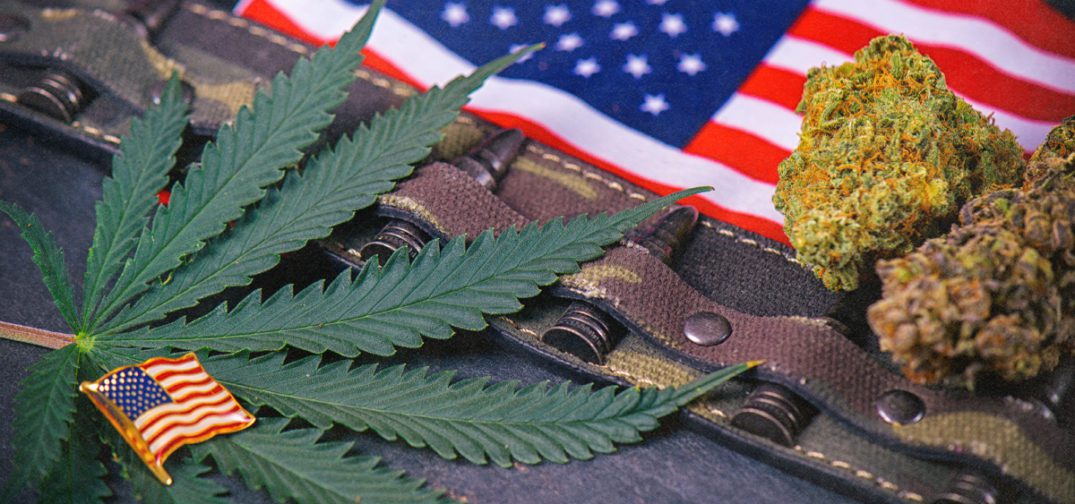Michigan’s Cannabis Regulatory Agency is funding $12.5 million in research at Wayne State University School of Medicine and the Eugene Applebaum College of Pharmacy and Health Sciences to study the potential therapeutic benefits of cannabis for veterans suffering from post-traumatic stress disorder (PTSD).
The research will include two large-scale randomized controlled clinical trials over five years to evaluate the efficacy of cannabinoids for U.S. military veterans living in Michigan. The trials will be supported by Redbud Roots Inc., a vertically integrated, Michigan-based, cannabis company.
One of the trials, “Wayne State Warriors Marijuana Clinical Research Program: Cannabinoid Adjunct to Prolonged Exposure and Recovery,” seeks to establish whether cannabis combined with Prolonged Exposure (PE), an empirically-based behavioral treatment for PTSD, can improve therapeutic outcomes for veterans diagnosed with the condition.
Dr. Leslie Lundahl, one of the co-principal investigators and an associate professor of Psychiatry and Behavioral Neurosciences, said CBD and THC “could potentially help to make PE more effective.”
“Post-traumatic stress disorder is a debilitating condition that often affects U.S. Armed Forces veterans and can lead to increased risk for suicide. One of the most effective treatments for PTSD is Prolonged Exposure therapy, but many military veterans discontinue PE and more than a third who complete PE do not experience symptom improvement. There is an urgent need to develop treatments for PTSD, particularly focused on improving quality of life and mental health symptoms.” — Lundahl in a statement
Another trial, “Investigating the Therapeutic Impact of Cannabinoids on Neuroinflammation and Neurobiological Underpinnings of Suicide Ideation in Veterans with PTSD,” is the “first-ever neuroimaging study of cannabis treatment in U.S. Armed Forces veterans with PTSD, or in any population,” said Dr. Hilary Marusak, assistant professor of Psychiatry and Behavioral Neurosciences.
“We will examine the neurobiological changes that may be associated with the therapeutic effects of controlled cannabis/cannabinoid dosing in the context of an ongoing 12-week randomized controlled trial,” Marusak said in a statement. “We will use state-of-the-art brain imaging approaches that are targeted at neurobiological mechanisms known to underpin PTSD and suicidality.”
Both studies are part of Warrior CARE, a School of Medicine research program created to understand how cannabis affects veterans’ mental health.
Get daily cannabis business news updates. Subscribe
End
